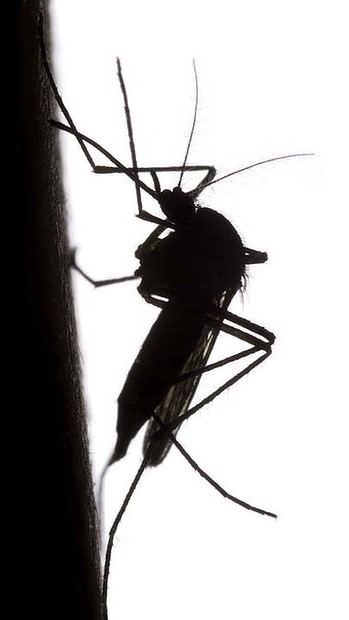Near ideal results in Malaria vaccine trial
 A new vaccine for one of the world's most common diseases is showing very strong promise in clinical trials.
A new vaccine for one of the world's most common diseases is showing very strong promise in clinical trials.
A vaccine which mimics the full effect of a mosquito bite has been 100 per cent successful in numerous trials so far. The breakthrough could lead to a new treatment for malaria, which affects millions of people worldwide, killing hundreds every day.
Researchers working on the US-based company Sanaria's new 'PfSPZ' vaccine say the substance contains live parasites and and other ingredients unwittingly donated by mosquitoes, including the salivary glands. The parasites are harvested and then weakened so that they cannot cause full infection, then they are injected in patients over courses a month or so apart.
The director of the US National Institute of Allergy and Infectious Diseases says progress is important, with malaria currently one of the most widespread diseases on the planet
“The global burden of malaria is extraordinary and unacceptable,” said NIAID Director Anthony S. Fauci, M.D., “scientists and health care providers have made significant gains in characterising, treating and preventing malaria; however, a vaccine has remained an elusive goal. We are encouraged by this important step forward.”
Research will continue following a successful early round of trials. In its current form the vaccine is administered intravenously. The delivery method may be the next element the research teams target, with previous studies at lower doses showing that the more common intradermal or subcutaneous routes did not yield as strong an immune response as the intravenous route.
Dr Robert A. Seder, M.D., chief of the Cellular Immunology Section of the NIAID Vaccine Research Center says "despite this challenge, these trial results are a promising first step in generating high-level protection against malaria, and they allow for future studies to optimise the dose, schedule and delivery route of the candidate vaccine.”
The work so far on the new vaccine for malaria has been published in the journal Science.








 Print
Print